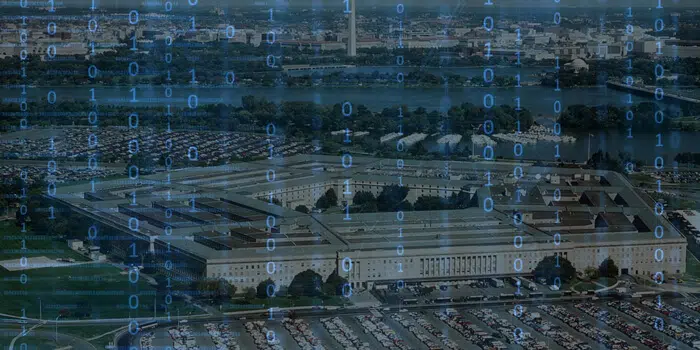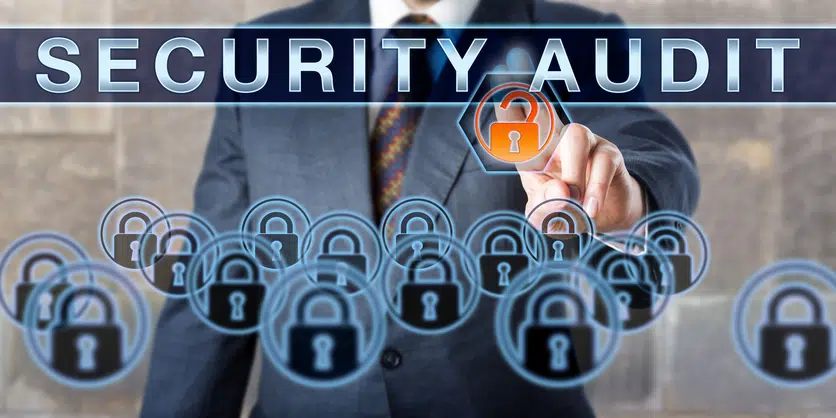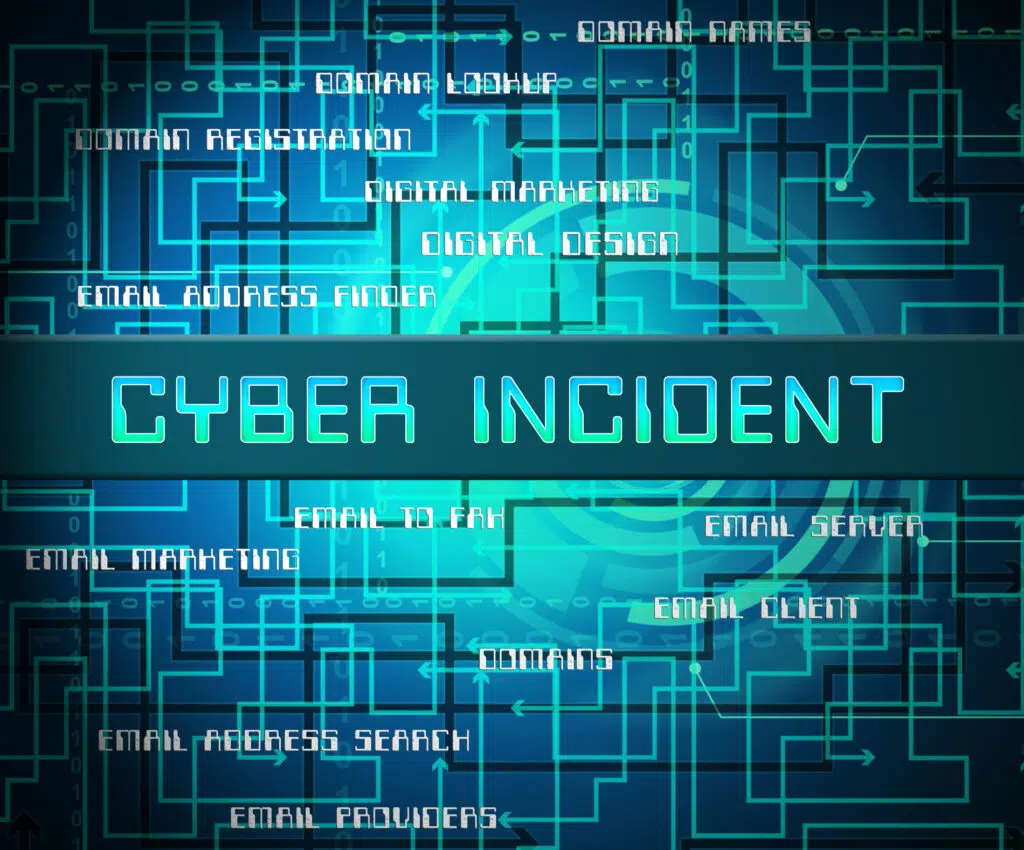A recently released 10-month review consisting of 10 years’ worth of inspector general’s (IG) reports across eight federal agencies by the Permanent Subcommittee on Investigations of the Senate Homeland Security Committee found that “Agencies currently fail to comply with basic cybersecurity standards.” The full report can be found here and the major themes identified in the report highlighted yet again the fundamental work that isn’t being done to comply with basic cybersecurity standards. So why isn’t the work being done? Is it a lack of money, tools, people, all the above? Buried on page 46 of the report then-DHS CIO Richard Staropoli is quoted in a 2017 interview with the Subcommittee, on the state of the OCIO saying, “You can write this down and quote me, the problem is piss-poor management.”
That blunt assessment, it’s a management problem, is worth considering. Better outcomes can be achieved, across the Federal government and industry, with a disciplined, framework-based approach to cybersecurity. This approach and the guaranteed better outcomes that will follow require a recognition that many of the management disciplines inherent in other business supporting functions like finance and engineering are missing in cybersecurity. The problems in cybersecurity are different but the principles required to improve them are not.








